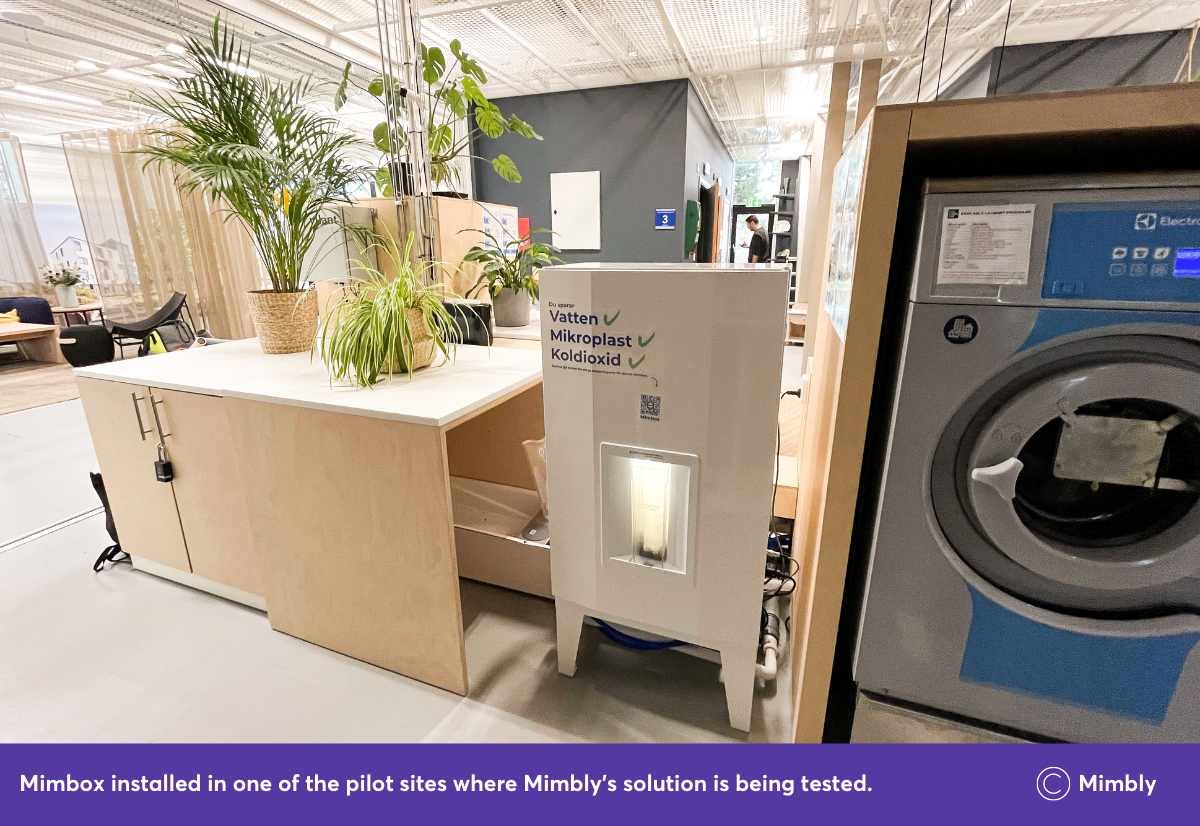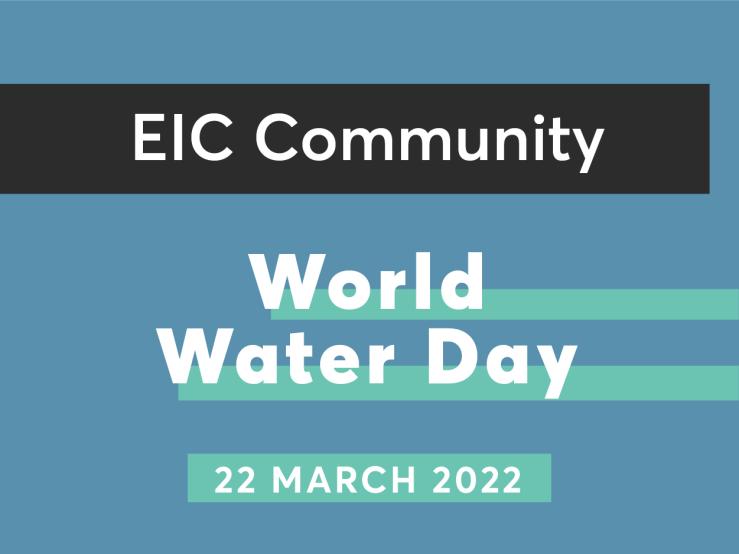Climate change and heavy pollution affect water sources worldwide, and several countries are dealing with severe scarcity. On 22 March, the annual World Water Day celebrates our most precious natural resource and raises awareness of the 2 billion people living without access to safe water. In the innovation sphere, several entrepreneurs are trying to address these water challenges by providing technologies that promote smart water management solutions, monitoring and treatment services or efficiency practices. To mark this International Day, the EIC Community spoke with 3 EIC-funded innovators fighting against the world water crisis.
Ingeobras: a new water reuse solution in the Agri-Food Industry
In the agri-food sector, water is an essential resource for its activity development. In this industry, water consumption represents approximately 1.8% of the total water use in Europe. Companies from this sector can generate large economic savings by giving a second life to their wastewater, but the industry needs viable technologies to speed up the process.
INGEOBRAS decided to address this challenge with a proprietary technology created specifically for wastewater treatment from the agri-food industry. The Spanish startup created a modulable wastewater treatment system called ANAERGY that allows its use in the primary treatment, generating energy during the process and tertiary treatment for reuse.
We spoke with Sofía Quintana, Marketing and Market Research Manager at Ingeobras. She highlighted the importance of supporting innovative startups to support climate neutrality and fight against the world water crisis. "Europe's new strategy for the ecological transition is based on achieving climate neutrality by 2050. To achieve these ambitious goals, innovation plays a key role", she highlighted. "It is essential to provide financial support to innovative companies committed to projects that add value and contribute to building a future with a fully sustainable horizon. These companies will be the driving force behind new technologies, methods and solutions that will make it possible to move towards a viable long-term development model".
Thanks to the ANAERGY technology, the loss of valuable resources and the resulting management costs are avoided; the costs of acquiring raw materials are also reduced by replacing them with recycled materials; and lastly, companies also benefit from a positive economic impact while supporting the environment by reducing the amount of contaminated water in river and sea ecosystems. "At INGEOBRAS, we have a clear and strong commitment to being a sustainable company that efficiently and responsibly manages water treatment technologies", highlighted Sofía. "Today, words are not enough, and we must take action to ensure an efficient and sustainable use of water", concluded.
Mimbly: preventing microplastics to move from your clothes to your water
Microplastics coming from washing of synthetic garments are prevalent in the oceans and responsible for poisoning our underwater ecosystem. With this issue in mind, Mimbly, an EIC-funded company from Sweden, is developing a self-cleaning filtering technology in the form of an add-on device that can connect to any type of washing machine to capture microplastics.
The use of the Mimbox device, created by Mimbly, leads to cuts in water consumption, by cleaning and recycling greywater, and reduces the energy consumed for water heating. Additionally, it includes a data service functionality for customers to optimise their wash cycles. At the moment, Mimbly is applying their technology in industrial washing machines, with on-going pilots in the Gothenburg area where their solution is being tested in real settings, saving water, microplastics and energy.
We had a brief chat with Isabella Palmgren, CEO & Founder at Mimbly, that talked to us about her company’s impact in water sustainability: "I see the role of Mimbly and other innovative companies as crucial for the transition and disruption of the current behaviours we have and innovations that we use. Solutions like the Mimbox, that doesn't change our behaviour but makes us more sustainable, without us even knowing, can be part of the solution to reduce our current water consumption". Isabella concluded with a positive note to celebrate the World Water Day: "There are many companies trying to tackle these problems and if we start implementing these solutions and change the way that we all consume water, we can turn things around".

Hydro Volta: desalination to solve freshwater scarcity
The scarcity of fresh water is a concerning scenario that we may face soon. In this context, the demand for desalination technologies is growing. However, the existing methods are old and have severe drawbacks that render them inappropriate for the world’s water needs. This is where Hydro Volta comes in with their innovative patented equipment that is able to replace conventional desalination with 60% higher efficiency.
The EIC-funded company from Belgium is combining traditional reversal electrodialysis technology and ultrasound that can replace conventional desalinisation. Named SonixED, the solution developed by Hydro Volta has a significantly higher efficiency due to the integration of ultrasound technologies, preventing fouling and optimising the efficiency of the membrane.
George Brik, CEO & Co-founder at Hydro Volta, told us about the driving goal for his company: "Fresh water must be available for everyone and everywhere, let’s all work together to make that happened". He continued to add that: "By keep searching, developing and producing new sustainable desalination technologies from Europe to the world, we hope to create positive impact on the climate, economy, and the coming generations life around the globe".

DISCLAIMER: This information is provided in the interest of knowledge sharing and should not be interpreted as the official view of the European Commission, or any other organisation.

